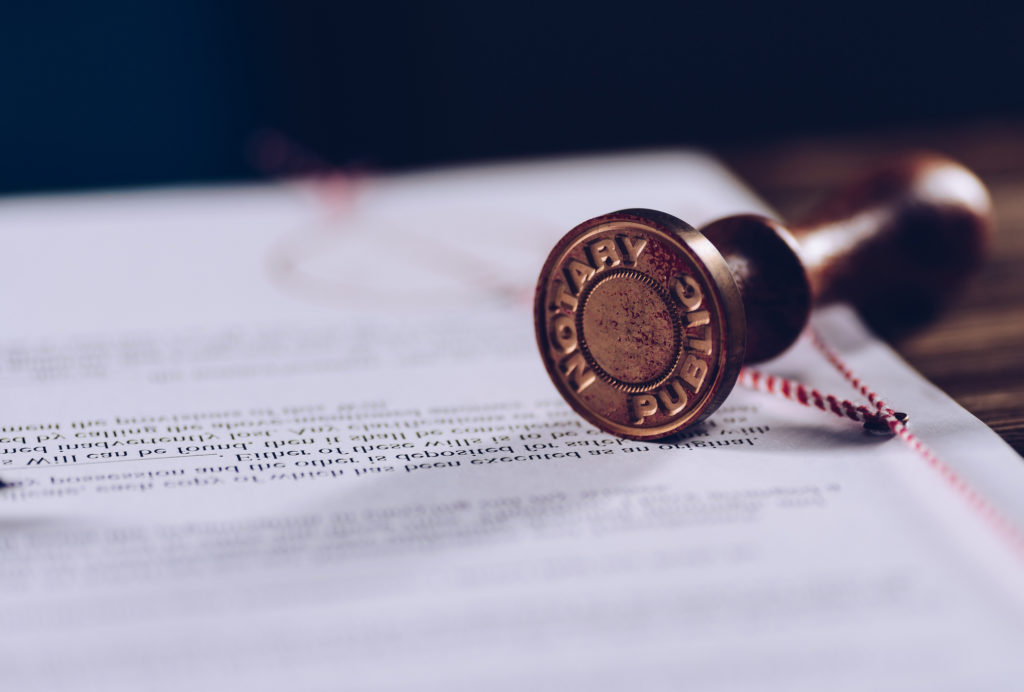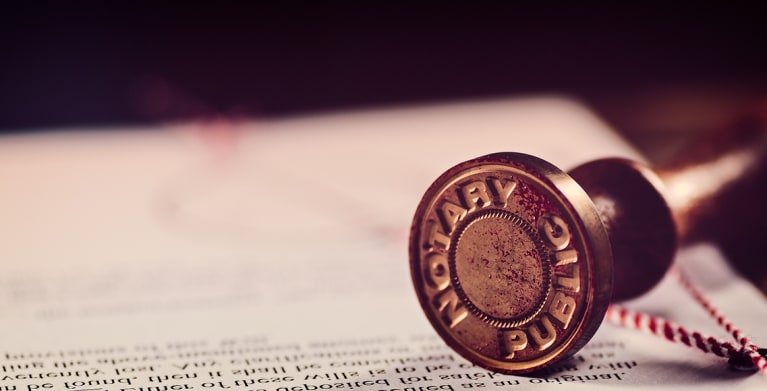Debunking Notarial Work: Simplifying the Function and Significance of Notaries
In the elaborate internet of lawful paperwork and confirmation, notaries stand as pillars of guarantee and credibility. Their role, frequently shrouded in mystery for lots of, lugs substantial weight in guaranteeing the legitimacy and honesty of essential records. As guardians of validity and truth, notaries play a pivotal component in our culture, yet their job is not constantly totally understood. By deciphering the intricacies losing and bordering notarial practices light on the significance of their acts, a clearer understanding emerges of the crucial duty notaries play in maintaining the textile of legal and contractual arrangements.
The History of Notarial Job
Exactly how did notarial work progress in time to end up being an integral part of legal and organization deals? The history of notarial work go back to ancient worlds, where scribes played an essential role in recording important information and verifying papers. As societies advanced, the demand for a more formalized system to ensure the legitimacy of contracts occurred. This caused the advancement of notaries, people assigned by the state to act as impartial witnesses in legal matters.
During the Center Ages, notaries obtained prominence in Europe, with their functions expanding to include drafting lawful documents, certifying trademarks, and protecting records. The rise of worldwide trade further highlighted the value of notarial work in validating contracts and agreements throughout boundaries.
In the modern age, notaries proceed to play a vital duty in lawful and organization purchases by confirming identifications, verifying the authenticity of records, and stopping fraud. Their role in accrediting the credibility of agreements includes a layer of security and count on to the ever-evolving landscape of business and law.

Responsibilities and Duties of Notaries
Notaries play a vital function in verifying the authenticity of records and the identity of notaries. One of their main responsibilities is to witness the finalizing of vital records, such as deeds, wills, and agreements, to ensure that all events are getting in into arrangements purposefully and willingly.
They license duplicates of original files, giving assurance to organizations that the copies are true reproductions of the originals. On the whole, the obligations and responsibilities of notaries are necessary in guarding the integrity and validity of various papers and transactions - Apostille.
Notarial Certificates and Signatures
Exhibiting precise attention to detail, notarial certificates and signatures work as vital parts in validating the authenticity of legal documents. Notarial certifications typically have important information such as the day of notarization, the names of the notaries, a summary of the paper, and the notary's main seal. These certificates give a clear document of the notarial act, making certain that the document can be conveniently identified and traced back to the notary that looked after the process.
Trademarks play a critical why not find out more duty in you can check here notarial job, as they represent the agreement and approval of the celebrations involved. Notaries very carefully witness the finalizing of documents to verify the identification of the signatures and confirm that they are signing of their own free choice. By fastening their main seal and trademark to the document, notaries accredit that the essential treatments have been complied with and that the document is enforceable and legitimate.
Basically, notarial certifications and trademarks are the characteristic of authenticity in legal deals, providing assurance to all parties included that the papers are reputable and binding.
Relevance of Notarial Acts

Registration Refine Explained
The registration procedure typically starts with the private providing the file to a notary public. As soon as the identity is validated, the notary makes certain that the private signing the paper does so voluntarily and without any type of browbeating.
:max_bytes(150000):strip_icc()/GettyImages-598314157-cb6389c9e28f4c1aaf002263febab019.jpg)
Verdict

Notarial certificates commonly contain critical info such as the day of registration, the names of the signatories, a summary of the paper, and the notary's main seal. These certificates offer a clear record of the notarial act, ensuring that the document can be conveniently determined and traced back to the notary that oversaw the process.
By affixing their official seal and trademark to the record, notaries certify that the required treatments have been complied with and that the file is valid and enforceable.
By validating the identification of the signatories, verifying their determination to enter into the contract, and accrediting the date and location of the finalizing, notaries play a crucial role in supporting the credibility of legal files.After the paper is signed, the notary will certainly attach their main seal or stamp onto the file.